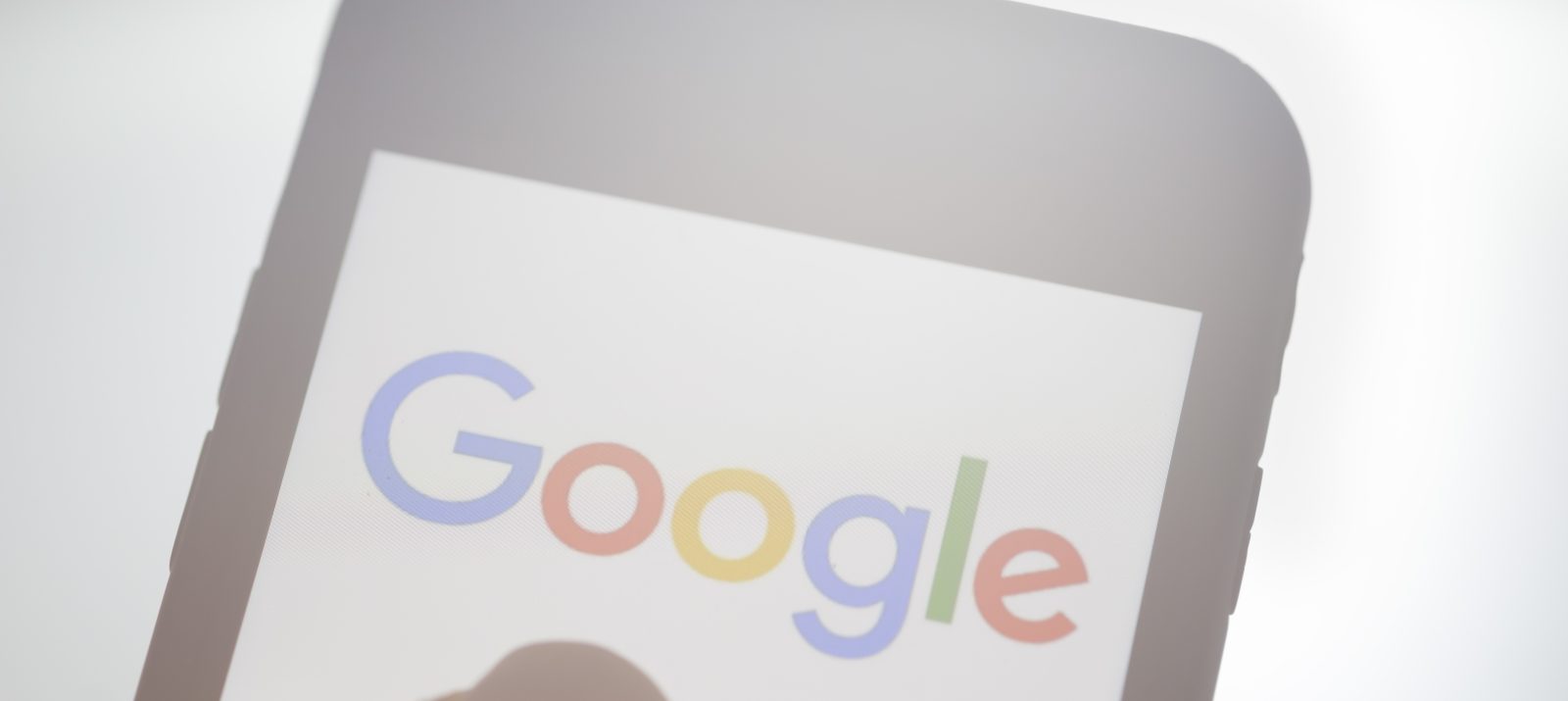
“Wait, let me google that real quick!”. You or your child have probably said this sentence before. Google is considered the most visited website in the world. The word “googlen” is used so frequently that it has been in the Duden dictionary since 2004. Whether it’s a search engine, map service or mail account – Google is a natural part of our media usage, because it makes many things in everyday life easier. But what is actually behind it?
Children and young people sometimes equate Google with the Internet. It’s not just young people who use an Android smartphone and are automatically connected to a Google account. They store their pictures in Google Photos, share their location via Google Maps , and use the Google Chrome browser to surf the web.
Adults often remember the early days when Google was “just” a search engine. Google ‘s motto is “to organize the world’s information and make it universally accessible and usable.” The company behind it – Alphabet – has developed steadily since this first product and is currently one of the most powerful corporations in the world.
Google ‘s business model is based on collecting and selling users’ data. Users pay for the free use of Google applications by handing over a lot of data. A whole range of services require a Google account, which allows the company to link data to a specific person. Anyone who uses an Android smartphone usually automatically has a Google account because it is required for many smartphone functions.
These Internet applications belong to Google, among others:
Google has come under criticism for its handling of user data. The company is also accused of influencing search results. In addition, questions about copyrights, e.g. of musicians and authors, arise again and again. Google has managed to become irreplaceable for many people. People have become accustomed to Google Search or cannot do without the Google Play Store.
The multi-factor authentication is supposed to keep your own Google account safe from outside attacks. This combines, for example, the entry of the password with another security measure such as an SMS code. Also, Google sends a notification when someone logs in from a device that is not linked to the account. Google automatically hides ads that contain viruses, show fake goods, and violate advertising guidelines. With end-to-end encryption, Google wants to ensure that only the sender and recipient can receive and read messages.
Google ‘s handling of data is problematic, so it is important to use its applications consciously and carefully or to use alternative offerings.
Talk to your child about Google and its business model of selling data. Consider together how you and your child can use data sparingly.
If you don’t want to miss out on certain services, use Google Search, Google News, or Google Maps without an account login. Be sure to enable features like location only when using individual apps, so Google can’t access too much of your data at any time. For younger children, it may be useful to give your child a free trial by using the app Google Family Link For older children, you can use the SafeSearch feature to filter out inappropriate content from searches.
It doesn’t always have to be Google – many offers are more discreet and secure. Familiarize your child with alternative services, such as search engines for kids and teens or the data-saving mapping service Open Street Maps. Those who want to use their Android device without Google – for more privacy and data protection – have to make some settings. Online you can find instructions on how to do it – for examplehere (Attention: Website with advertising).